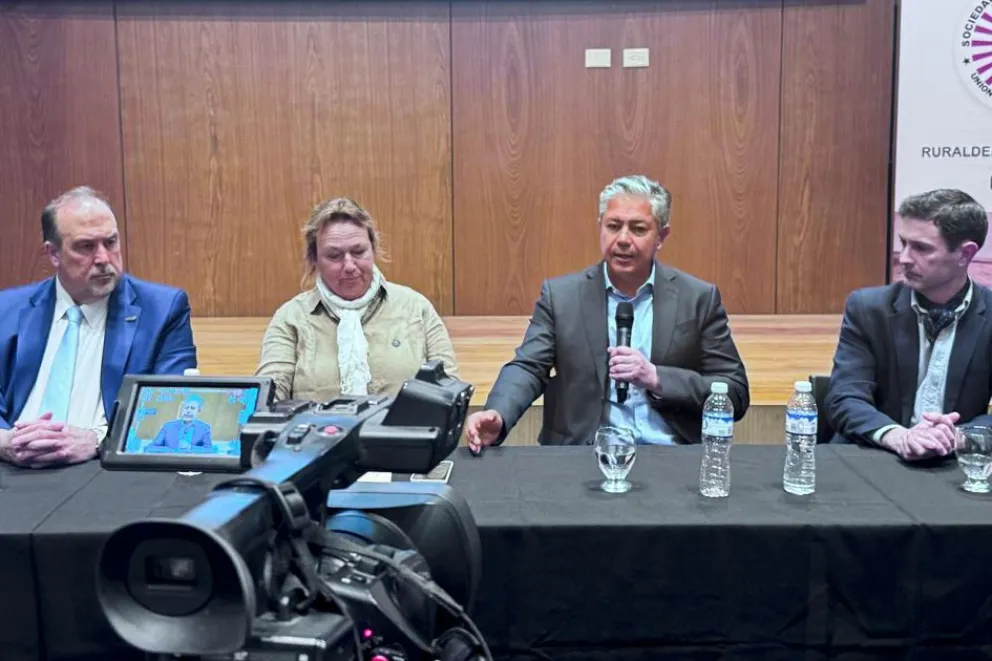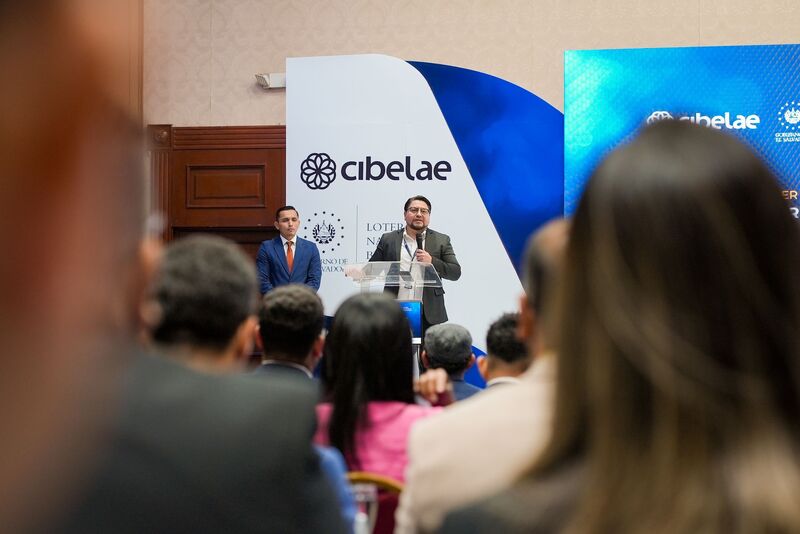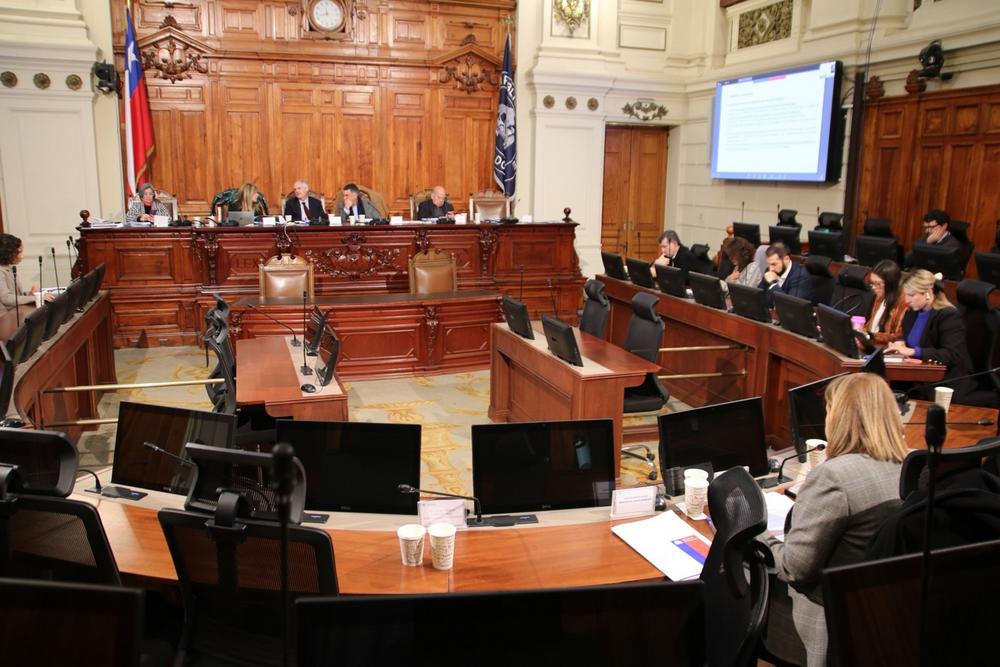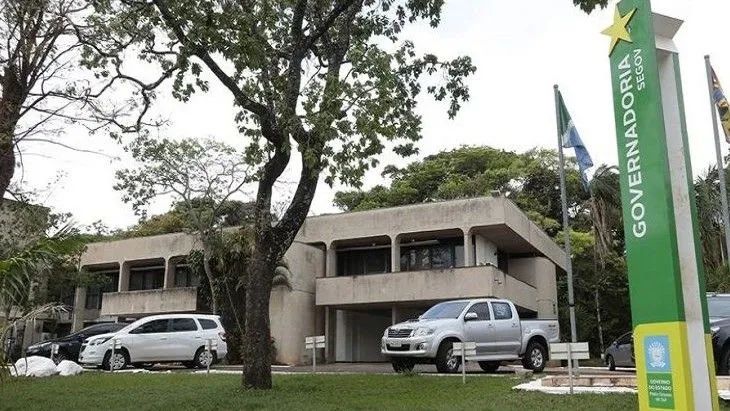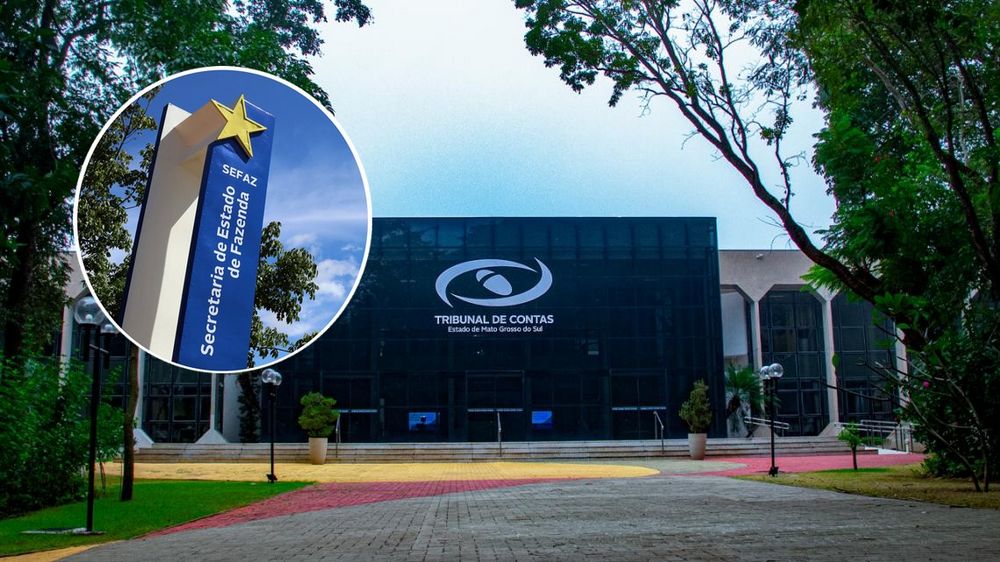São Paulo, Brazil — On 7 August 2025, Brazil’s rapidly expanding iGaming market, now valued at over $2 billion annually, faces critical challenges in maintaining platform uptime. Industry reports reveal that even minimal service interruptions cause significant player attrition, directly affecting operators’ revenue. Analysts emphasize that maintaining uptime rates above 99.9% is essential for securing competitiveness in this dynamic sector.

Brazil’s Secretary of Digital Economy, Ana Martins, underscored the urgency of these efforts: “Maintaining an uninterrupted gaming experience is not a luxury—it is a necessity for safeguarding both consumer trust and business viability in this highly dynamic environment.”
Under the Brazilian Consumer Protection Code (Law No. 8,078/1990) and the General Data Protection Law (LGPD, Law No. 13,709/2018), which aligns with GDPR standards, iGaming operators must ensure service reliability and protect consumer data. Frequent downtimes risk constituting contract breaches and violations of consumer rights, exposing companies to regulatory sanctions and potential class-action lawsuits. This regulatory framework increasingly demands verified compliance with operational standards to reduce systemic risks in digital services.

Economically, persistent service disruptions undermine consumer confidence, reduce betting volumes, and increase churn rates, threatening profitability and discouraging foreign investment. Operators are compelled to enhance IT infrastructure, deploy contingency protocols, and implement real-time monitoring systems. In response, regulators are considering stricter licensing conditions focused on technological resilience, potentially reshaping market entry and competitive landscapes.

As São Paulo’s iGaming ecosystem navigates these operational challenges, the sector’s future hinges on whether enhanced uptime will act as the cornerstone for sustainable growth or trigger more stringent oversight and market consolidation.











